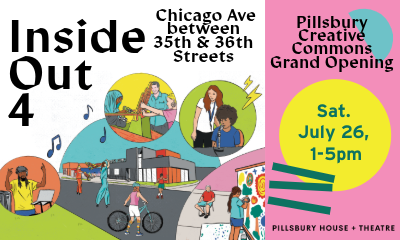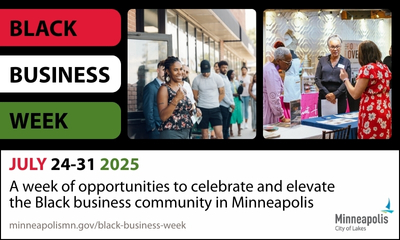Why were there riots in Minneapolis?
The New Yorker magazine occasionally runs an article that is a barn burner. Years ago, it published a long article by John Hersey about the bombing of Hiroshima that fit the same category. There’s no way I could do justice to another New Yorker article. So instead, I’m offering you a smattering from it. It’s titled “The Uprising” and has to do with the murder of George Floyd by a Minneapolis policeman as three other policemen observed.
The average median income of Black residents in the Twin Cities is less than half that of whites, and though about 75 percent of white families own their homes, only about a quarter of Black families do. The Black community makes up about a fifth of the white. Unemployment is more than twice as high for Black residents. A 2015 investigation by the American Civil Liberties Union found that Black people in Minneapolis were nearly nine times more likely than whites to be arrested for low-level offenses such as trespassing or public consumption of intoxicants.
In 2007, five high-ranking Black officers sued the department, alleging pervasive institutional racism, including death threats signed “KKK” that were sent to every Black officer through the departmental mail system. The city settled the lawsuit out of court. Patterns of bias have been accompanied by a culture of impunity. An analysis by Reuters of officer misconduct claims of nearly a decade found that 90 percent of claims resulted in no consequence. The only Minneapolis officer in recent history to have been sentenced to jail for killing someone was Mohamed Noor who shot and killed Justine Diamond.
Residents of the 38th Street and Chicago Avenue neighborhood, who were interviewed, had very negative attitudes about the police, claiming they filed false reports and lied in interviews about their behavior. There was looting of the entire neighborhood. Minnesota Gov. Tim Walz attributed much of the looting to outsiders who had driven in from other parts of the city. Leslie Redmond, president of the Minneapolis NAACP, said, “What you’re seeing in Minnesota is something that’s been a long time coming. I can’t tell you how many governors I’ve sat down with and we’ve warned them that if you keep murdering Black people, this city will burn.” The looting and destruction of buildings continued through the night.
In conclusion, the situation provoked talk of change and improved relationships. The four policemen were charged: one with second degree murder and the other three with aiding and abetting. The Minneapolis School Board and its parks department severed ties with the police. The Minneapolis Department of Human Rights led an investigation and moved to ban its officers from using chokeholds.
Hope for Sudan
News coming from foreign countries is often not good, but good news is coming from Sudan, whose ruler for three decades supported flogging and genital cutting of women, and also banned the use of alcohol. But with the installation of Justice Minister Nasredeen Abdulbari, these policies have been abolished and an 11-member sovereign council appointed. Prime Minister Abdalla Hamdok, an economist who has held several U.N. positions, and the government have embarked on an ambitious program. Sudan has undertaken a political and economic overhaul, revived talks with rebels, and begun an investigation of the region, promising to prosecute and possibly hand over to the International Criminal Court those wanted for war crimes. The administration has also lobbied the U.S. to drop Sudan from the State Department’s list of state sponsors of terrorism, a designation that has restricted investment and foreign aid. THIS IS GOOD NEWS.
Barely bailing out small businesses
My very good friend, my computer, recently informed me that the pandemic has had little effect upon the economy, that is, the personal middle-class and lower middle-class economy. Some of the richest people in the U.S. have been at the front of the queue as the government has handed out trillions of dollars to prop up the economy that it shuttered amid the coronavirus epic.
According to a report from the Institute for Policy Studies, a progressive thinktank, between March 18 and April 22, the wealth of America’s plutocrats grew 10.5 percent, using a loophole in the legislation that was designed to help bail out SMALL BUSINESSES. About 150 public companies, however, managed to bag $600 million in forgivable loans before the funds ran out. Coal companies and banks did exceedingly well. Fisher Island, a members-only site off the coast of Miami, received $2 million in aid. In Florida fewer than 8 percent of applicants received benefits.
On the other hand, while more than half of the working class is unemployed, unable to pay their bills, war profiteers are lining their pockets. Betsy DeVos, the education secretary, is being sued by student advocacy organizations for continuing to garnish wages of student borrowers amid the coronavirus. The lawsuit demands that the Department of Education abandon this policy and make refunds to affected students. The National Defense Industrial Association, a trade union for the arms industry, asked the Pentagon to speed up contracts and awards for $160 BILLION in unobligated Department of Defense funds to its companies, which will involve pushing money out the door without the most modest level of due diligence.






















